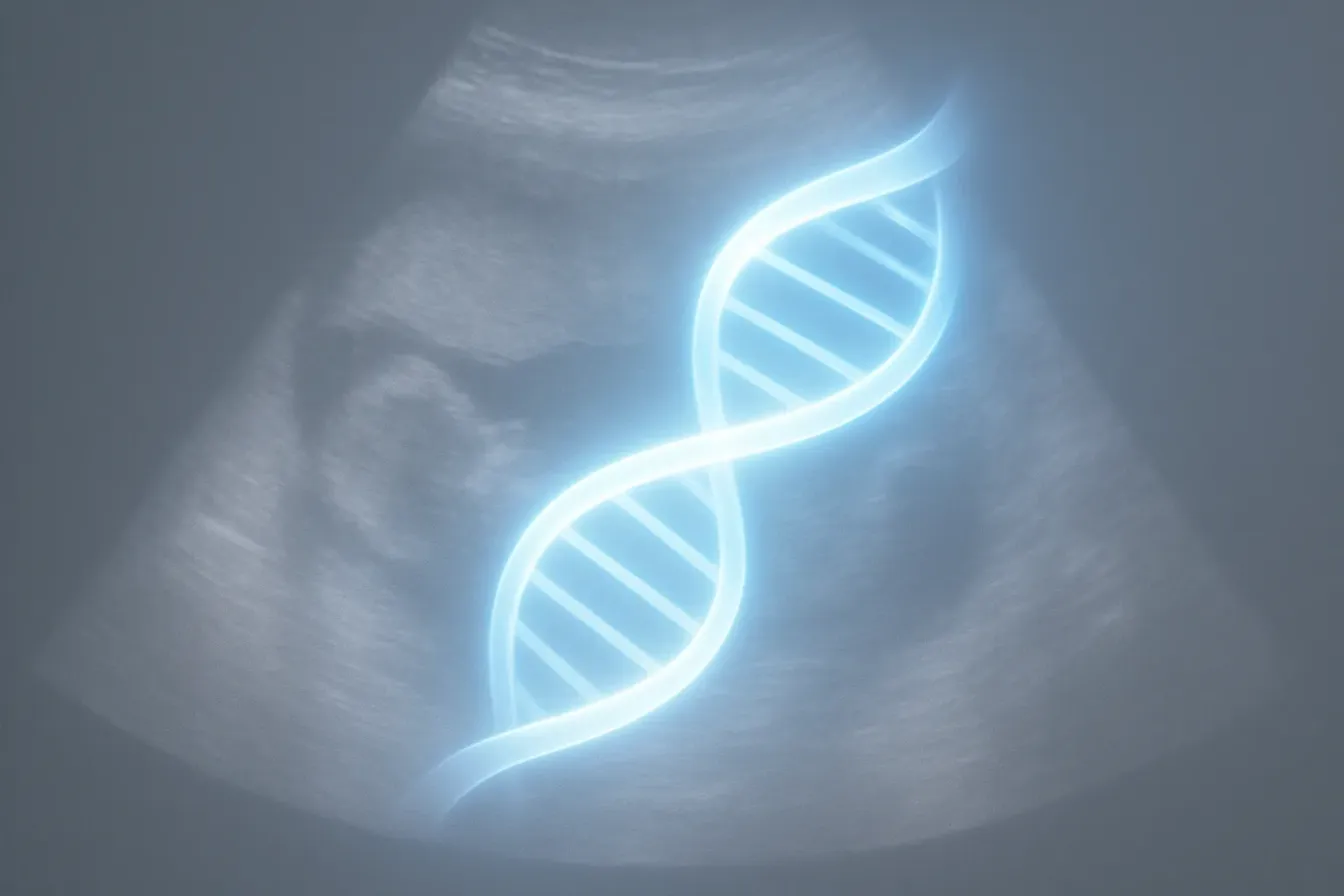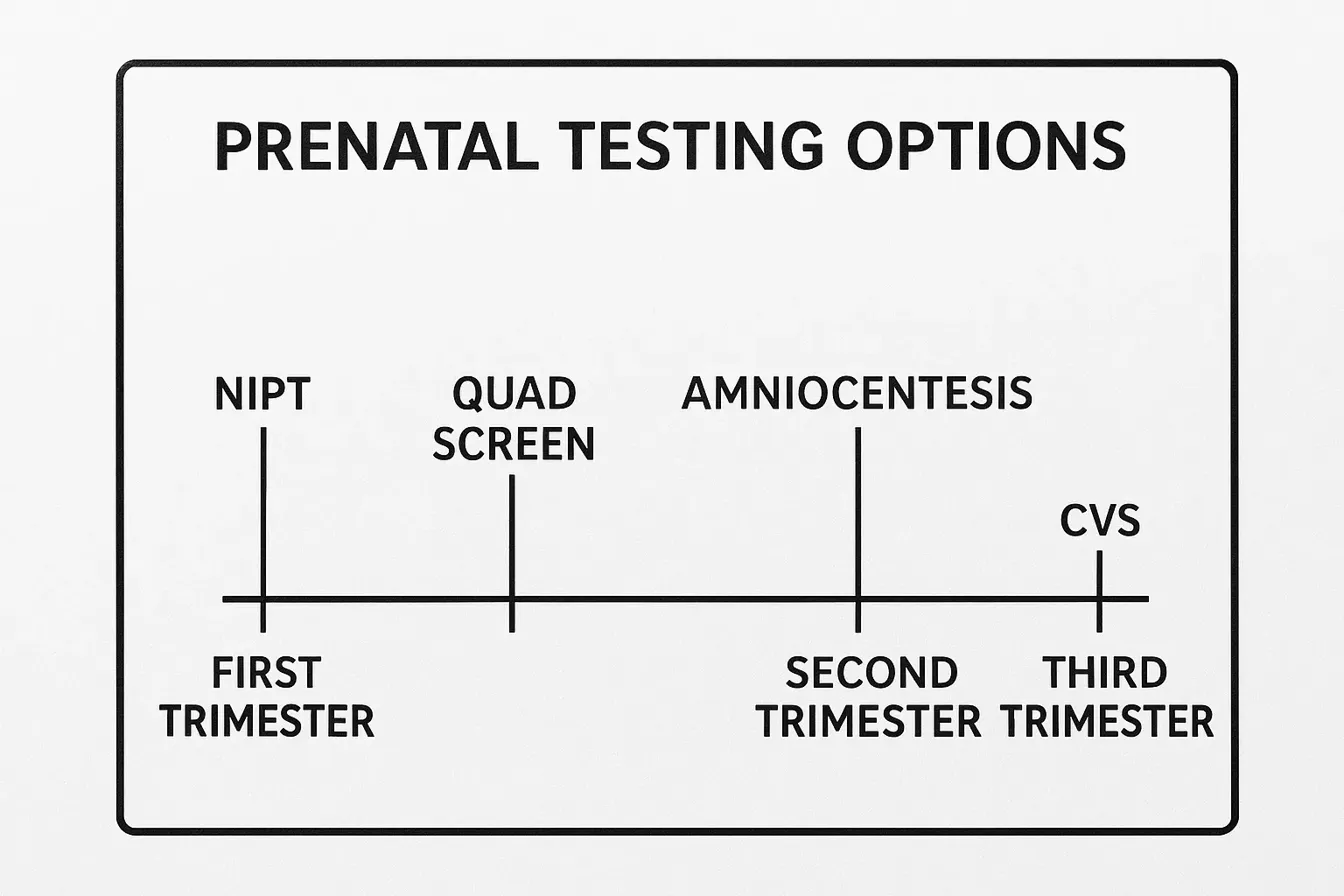Your Guide to Infertility: Causes, Hope, and Modern Solutions

Uterine fibroids are one of the most common, noncancerous tumors that develop in women. In fact, an estimated 26 million women will develop uterine fibroids at some point during their childbearing years. For some, these fibroids can be a contributing factor to ongoing infertility issues.
At Raveco Medical, we specialize in personalized infertility care to address fibroids and other conditions that make conceiving a healthy pregnancy difficult.
Our compassionate obstetrics and gynecology specialists offer a range of minimally invasive strategies to treat large or painful fibroids and improve your fertility.
Why you have uterine fibroids
Uterine fibroids are benign tumors that develop during a woman’s childbearing years. The reason the growths develop isn’t fully understood but genetics, hormones, and cellular changes can all play a role.
There are three types of fibroids named after the location they grow:
- Intramural fibroids – develop in the muscular layers of the uterine wall
- Subserosal fibroids – found in the outer wall of the uterus
- Submucosal fibroids – develop in the inner lining of the uterus, sometimes protruding into the uterine cavity
While fibroids are a type of tumor, they rarely increase risk factors for cancer. Many fibroids are small and only discovered during a routine pelvic exam or ultrasound. However, some fibroids can grow large enough to change the shape of your uterus.
It’s these large fibroids that can also interfere with the fertilization of an egg by sperm. For about 2%-3% of women, fibroids will be the sole cause of infertility.
How fibroids contribute to infertility
There are several ways that fibroids can play a role in infertility. In cases of very large fibroids, changes in the shape of your uterus can prevent sperm from reaching an egg or interfere with a fertilized egg attaching to the uterine wall.
Fibroids can also contribute to infertility by:
- Blocking fallopian tubes to prevent the release of eggs
- Changing the shape of the cervix that can prevent sperm from traveling to eggs
- Reducing blood flow to the uterine cavity
- Altering the thickness of the uterine lining
Based on the location and size of uterine fibroids, our providers can create a treatment plan to remove fibroids. We focus on the least invasive treatment to enhance your fertility and preserve your reproductive health.
Restoring fertility with fibroid care
Women who aren’t interested in becoming pregnant can often treat bothersome fibroids with hormonal birth control.
Those with large fibroids who wish to conceive may be candidates for myomectomy. Our providers specialize in minimally invasive, laparoscopic myomectomy procedures to remove fibroids while leaving the uterus intact.
We use small surgical instruments that fit through tiny incisions in your abdomen to remove fibroids. Our team can also use techniques to remove fibroids through the vagina.
Minimally invasive surgery allows for a faster recovery time than traditional open surgery, and there’s also less risk for pain, bleeding, and infection while you heal. Following a myomectomy, many women can successfully conceive and maintain healthy pregnancies.
Call the Raveco Medical office near you today to schedule an infertility consultation or book an appointment online.





.png)